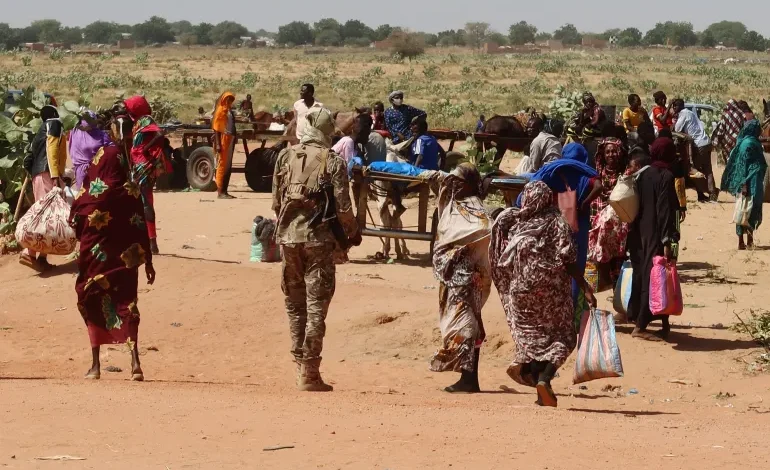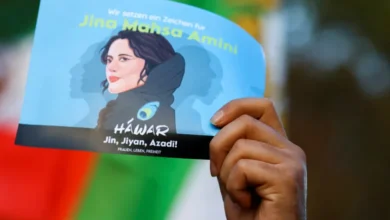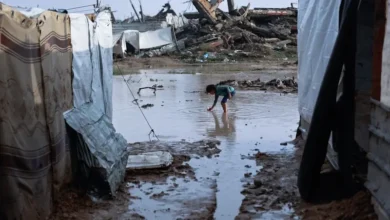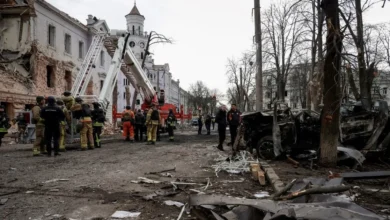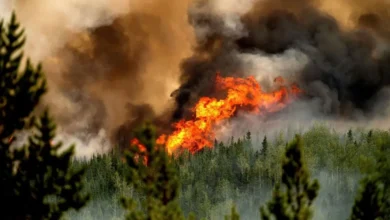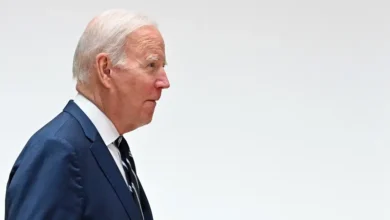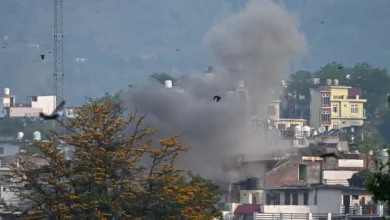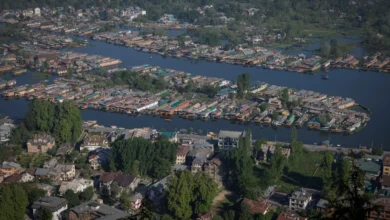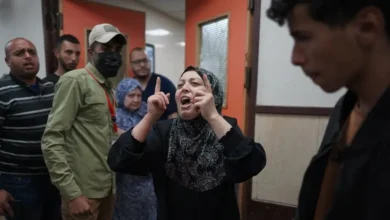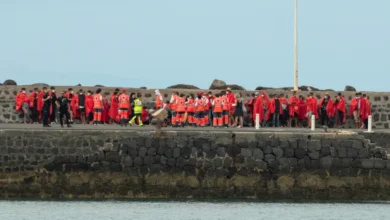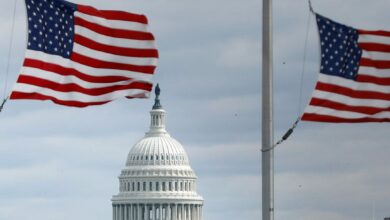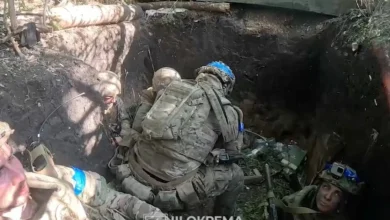Blow to legitimacy
The determination led to US sanctions on several of the RSF’s shell companies in the United Arab Emirates (UAE) and against the group’s leader, Mohamad Hamdan “Hemedti” Dagalo.
Masalit survivors and analysts believe the designation and sanctions could isolate the RSF and permanently tarnish its image.
“The most lasting – permanent – effect of this designation … is that it dramatically hurts the prospect of Hemedti of taking a role in a future government and certainly, being in charge of a future government,” said Jonas Horner, an expert on Sudan and a visiting fellow at the European Council on Foreign Relations (ECFR), a think tank in Europe.
The US designation came two weeks before the end of President Joe Biden’s administration, prompting experts to accuse his administration of assuaging its guilty conscience with the move.
They told Al Jazeera that more pressure should have been applied sooner, as a basis for a more coherent US policy on Sudan, but an earlier genocide designation might have exacerbated public pressure on Biden to make a similar judgement about Israel’s war in Gaza.
“The Biden administration has a serious problem in that we know there are similar calls for a designation that Israel has committed genocide in Gaza,” said Suleiman Baldo, the founder of the Sudan Transparency and Policy tracker, a think tank following the war.
“But there is no way on Earth [Washington would impose] the same consequences on Israel which it has struck the RSF with,” he told Al Jazeera.
Reputation laundering
In 2003, Sudan’s army relied on Arab tribal militias to crush a rebellion in Darfur by mainly non-Arab groups, who were angered by their people’s political and economic marginalisation.
The Arab tribal militias called themselves the Popular Defence Forces but became known as the Janjaweed (“devils on horseback”) for the countless atrocities they committed – which likely amounted to ethnic cleansing and genocide, according to rights groups.
In 2013, Sudan’s then-President Omar al-Bashir repackaged the Popular Defence Forces militias into the RSF and tasked them with fighting rebellions and coup-proofing his regime.
Under Hemedti’s command, the RSF began coveting global legitimacy by advertising its cooperation with the European Union (EU) deal to crack down on undocumented migration, known as the “Khartoum Process.”
Then, after a popular uprising toppled al-Bashir in April 2019, the RSF hired human rights advisers and PR firms to help it rebrand as a benevolent force.
“There was an attempt by the RSF to provide services to civilians such as transportation and securing petrol for people in order for them to power basic services,” said Ibrahim al-Dourab, an adviser to the deceased governor of West Darfur Abakar.
“In my opinion, all of these efforts were nonsense … they were trying to buy the people and the street.”
In October 2021, the army and RSF waged a coup before turning on each other 18 months later in a bid for supremacy.
